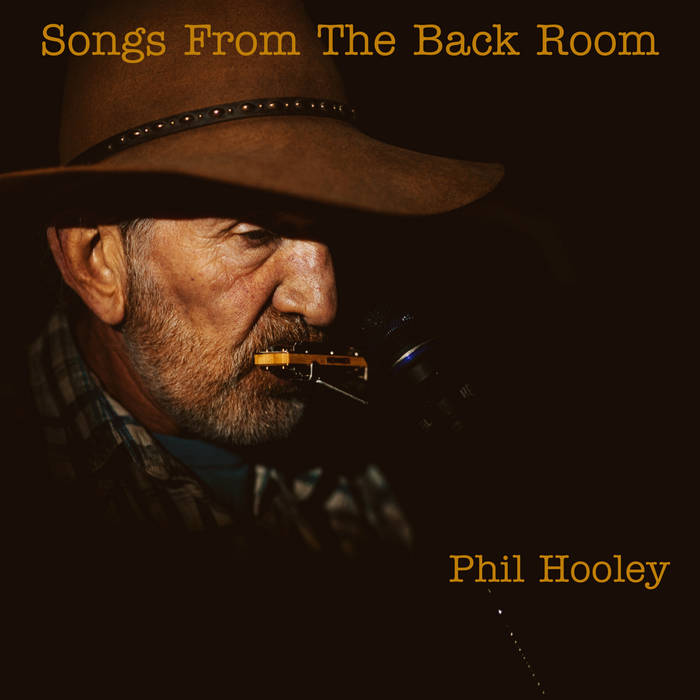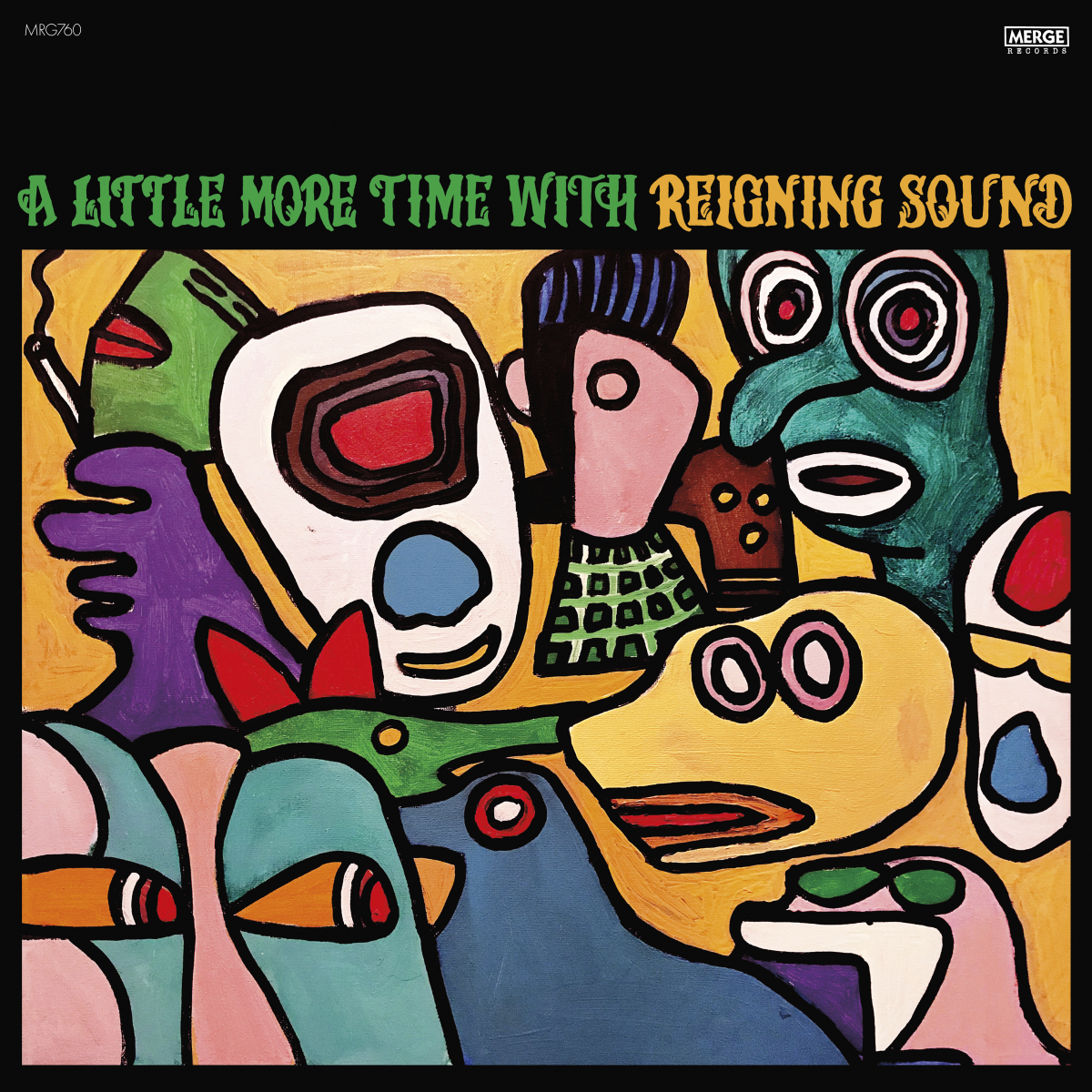
Noted as one of the best purveyors of amped up country mayhem in recent years, JP Harris puts away his telecaster and tube amps on this collection of pared to the bone traditional folk songs, partnered by an old chum, Chance McCoy. In his informative sleeve notes, Harris expresses his interest in old time banjo (to the extent that he learned how to build them) and his love of what he calls the repetitive archaic sound of old time music. We know it as the music of that old weird America (as Greil Marcus called it), songs tilled from the earth, dark and filled with portents of death and doom and first collected on the Harry Smith Anthology Of American Folk Music.
Don’t You Marry No Railroad Man finds Harris, on banjo and vocals, and McCoy, on fiddle and backing vocals, dive headlong into Harry Smith territory. Recorded in a “a hundred year old sharecropper’s shack, deceptively well-equipped with some world-class gear inside” the pair laid down these ten songs, all plucked from tradition and memory. Most will be familiar to aficionados of the genre via numerous archive recordings but the liner notes allow Harris to explain his own connections to the songs and the versions he knows. In essence, that world-class gear the pair employed not only allows the songs to shine but carries them back in time to paradoxically create a timeless album.
Prior to his music career, Harris was a carpenter and he includes two carpenter songs here. The hardy perennial, House Carpenter, opens the disc and sets the scene with its mournful and mystical content and goes some way to proving that the devil has the best tunes. Harris and McCoy claw and scratch at the song as they fall under its spell. Later on there’s The Little Carpenter, another sepia stained lament laden with portent and mystery. In the notes, Harris mentions that he took to it due to his being a carpenter, and recalls hearing it first on an Alan Lomax field recording of Blind James Howard of Harlan, KY, from 1933. The primitive picking and fiddling continues apace on Mole In The Ground and on an excellent rendition of Barbry Ellen, a song Harris learned from a Jean Ritchie recording. This gathers together so many strands of what eventually became American folk music – the Child Ballads, Scots and Irish traditions- indeed, Samuel Pepys refers to the song in his diary dated January 2, 1666!
There’s some hardscrabble jauntiness on the outlaw song, Otto Wood and Closer To The Mill rocks (in an old time square dance way) but two songs here really reach out. Wild Bill Jones is a murder ballad delivered by Harris and his banjo which is quite spellbinding. Old Bangum meanwhile, reminds us of a time when the folk revival was reaching out to all sorts as Harris first heard this on a Seeger Family album aimed at children. Harris here retains the wondrous naiveté and nonsensical sounds which Pete and Peggy Seeger excelled at. We were certainly too young to hear Blind James Howard but this song pricked our conscience and reminded us of earlier and simpler days.
All in all, Harris and McCoy have delivered a modern update on a classic sound which will surely be seen, in time, as an essential link in the chain of American folk music. Real time old time weird Americana indeed.






